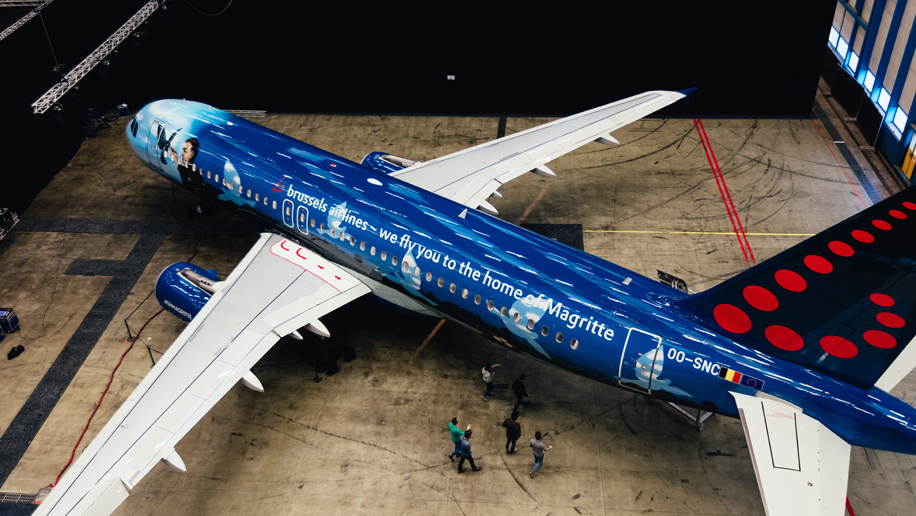Lufthansa Group carrier Brussels Airlines has announced plans to bring its short and medium-haul fare options in line with the rest of the group.
Effective August 18, for travel from September 1, customers will be offered three fare options in economy and two in business class, as follows:
- Economy Light – “the basic fare as lowest price option for the cost-conscious traveller who flies with hand luggage only, requiring limited flexibility”
- Economy Classic – “the standard fare for those who wish to travel with the classic comforts included in the price of their ticket, like a 23kg checked baggage and a limited degree of flexibility”
- Economy Flex – “offers travellers a high degree of flexibility when organising their travels, with a free change of reservation”
- Business Saver – “for guests who want to travel with Business Class comfort, requiring a certain degree of flexibility”
- Business Flex – “for guests that want all Business Class comfort and full flexibility, including free refund”
Economy customers will receive a one-piece, 8kg carry-on baggage allowance, “on top of a small personal item”, while business class passengers will benefit from two pieces each weighing up to 8kg, as well as services including lounge access, inflight snacks and beverages, and priority boarding.
Full details of the new fares and their benefits can be seen here.
The carrier said that the move would ensure that connecting flights across the group are standardised, adding that the airline would also benefit from group investments in IT, product development and passenger experience.
Brussels Airlines will continue to offer a buy-on-board service for economy passengers (although this is currently suspended due to Covid-19), and going forward “all payments during the guests’ journey will be cashless”, including excess luggage charges at the airport, and inflight purchases.
The news comes as the airline announced first half losses of €182 million. The carrier has already confirmed plans to reduce its fleet size by 30 per cent, and its workforce by 25 per cent.


